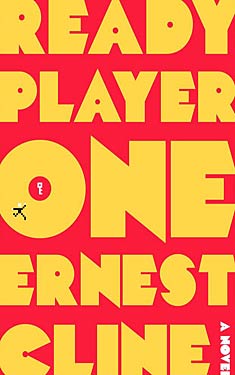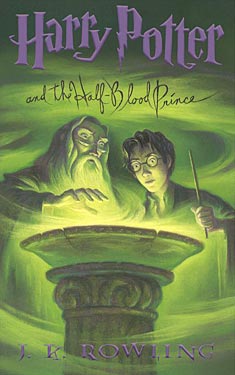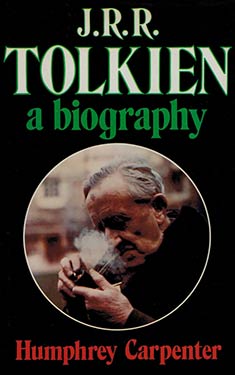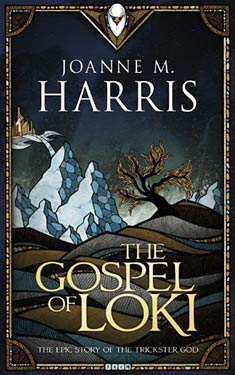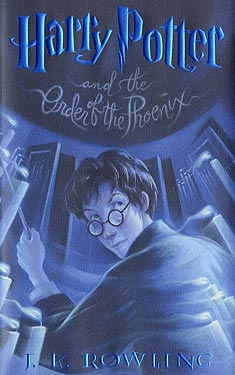JK Rowling
Completed 7/10/2015, Reviewed 7/13/2015
5 stars
At last I am done.
This was quite a ride reading the whole series in two months. I think I had a much better experience
overall reading them all together. There
were some tears this time, and not where I expected. But just like my first attempt, getting
through “Deathly Hallows” was tough because I was both excited that it was
finally reaching the conclusion, but also sad that it was the conclusion. There are a lot of naysayers about the
series, citing Rowling’s heavy use of adverbs, that it was derivative of the boarding
school genre, and that it had no literary value or moral complexity. Sure there were lots of adverbs, sure I
thought of “A Separate Peace”, sure it was no “Grendel”. But who cares? I think it was fun, scary, and terrific
storytelling.
Warning: There are
spoilers in this review.
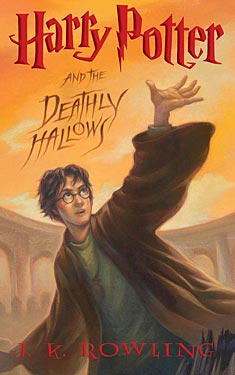 “Deathly Hallows” is a direct continuation of the “Half
Blood Prince”, feeling more like the second half of “Prince” than simply
another installment in the series. The
story picks up with Voldemort successfully overthrowing the Ministry of Magic. The Death Eaters are running the wizarding
world, including Hogwarts, they’re rounding up of all Muggle-born wizards and
witches, and the search is on for Harry. Harry doesn’t return to school. Instead, he, Ron, and Hermione go into hiding
to continue their search to destroy the remaining hoarcruxes, which was begun
in the previous book. This of course
leads our heroes to a near apocalyptic showdown between Harry and Voldemort.
“Deathly Hallows” is a direct continuation of the “Half
Blood Prince”, feeling more like the second half of “Prince” than simply
another installment in the series. The
story picks up with Voldemort successfully overthrowing the Ministry of Magic. The Death Eaters are running the wizarding
world, including Hogwarts, they’re rounding up of all Muggle-born wizards and
witches, and the search is on for Harry. Harry doesn’t return to school. Instead, he, Ron, and Hermione go into hiding
to continue their search to destroy the remaining hoarcruxes, which was begun
in the previous book. This of course
leads our heroes to a near apocalyptic showdown between Harry and Voldemort.
There are more deaths in the march to apocalypse. None hit me quite as hard as Dobby’s. The first time we come across him, I could
only imagine him as he was depicted in the movies, irritating. But somewhere through the series, perhaps
because of the introduction of other house-elves, and Harry and the gang’s
trials and tribulations with all of them, I found I loved him. When he dies and Harry digs his grave, I had
tears pouring down my face. This scene
and the little funeral are perhaps the most touching in the whole series.
My favorite part of the book is when the gang returns to
Hogwarts before the final battle, only to find Neville leading the
resistance. Neville’s growth through the
series is perhaps the greatest arc of any of the supporting characters. And no, it’s not because Matthew Lewis, the
actor who portrayed him in the film just posed in his underwear a few months
ago. It’s because he starts out as
inconsequential comic relief with no talent, and ends up being a leader in his
own right. It’s more satisfying than
Hermione and Ron’s growth from stereotypes to personhood. I think it’s more dramatic for Neville
because you only see him in a few scenes per book and then suddenly, he has a
pivotal role in the plot. It’s like that
uncle from the other coast who only visits every ten years catching glimpses of
his nieces and nephews turn from babies into fully realized men and women.
I only had one complaint with the book. The chapters where Harry and the gang are
going from forest to forest, hiding while they search for the hoarcruxes,
dragged in places. One can say it’s the
calm before the storm. I found it to be
lacking in energy. The pace rather went
like: low, low, low, HIGH, low, low,
low, HIGH. These low spots lacked a growth
of tension that was I thought needed to create a more fluid buildup to the apocalyptic
denouement.
Despite this one complaint, the pursuit of the hoarcruxes is
exciting and imaginative, and the twist after twist with Snape is simply
tremendous. And while an ultimate battle
between good and evil has been done before, Rowling’s seven novels worth of
character development make the details of the battle gripping. Before Harry Potter, I hadn’t read much YA
lit. It opened me up to a whole subgenre
of YA SF, Fantasy, and Horror that I never knew existed, let alone realize was
worthwhile reading as an adult. Five out
of five stars.
